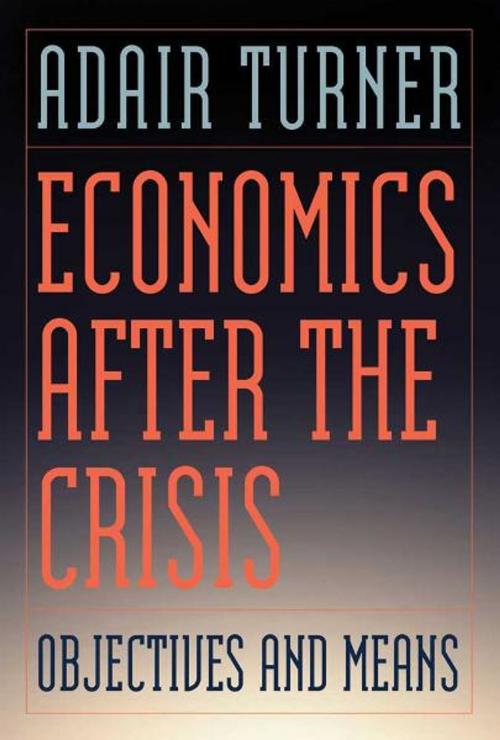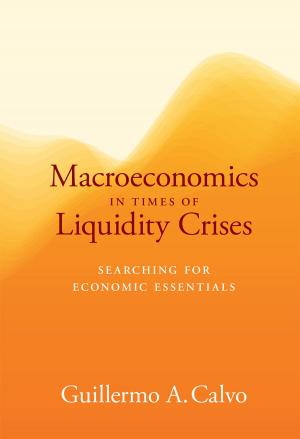Economics After the Crisis
Objectives and Means
Business & Finance, Economics, Econometrics, Finance & Investing, Finance| Author: | Adair Turner | ISBN: | 9780262300995 |
| Publisher: | The MIT Press | Publication: | March 23, 2012 |
| Imprint: | The MIT Press | Language: | English |
| Author: | Adair Turner |
| ISBN: | 9780262300995 |
| Publisher: | The MIT Press |
| Publication: | March 23, 2012 |
| Imprint: | The MIT Press |
| Language: | English |
A noted economist challenges the fundamental economic assumptions that cast economic growth as the objective and markets as the universally applicable means of achieving it.
The global economic crisis of 2008–2009 seemed a crisis not just of economic performance but also of the system's underlying political ideology and economic theory. But a second Great Depression was averted, and the radical shift to New Deal-like economic policies predicted by some never took place. Perhaps the correct response to the crisis is simply careful management of the macroeconomic challenges as we recover, combined with reform of financial regulation to prevent a recurrence. In Economics After the Crisis, Adair Turner offers a strong counterargument to this somewhat complacent view. The crisis of 2008–2009, he writes, should prompt a wide set of challenges to economic and political assumptions and to economic theory.
Turner argues that more rapid growth should not be the overriding objective for rich developed countries, that inequality should concern us, that the pre-crisis confidence in financial markets as the means of pursuing objectives was profoundly misplaced.
A noted economist challenges the fundamental economic assumptions that cast economic growth as the objective and markets as the universally applicable means of achieving it.
The global economic crisis of 2008–2009 seemed a crisis not just of economic performance but also of the system's underlying political ideology and economic theory. But a second Great Depression was averted, and the radical shift to New Deal-like economic policies predicted by some never took place. Perhaps the correct response to the crisis is simply careful management of the macroeconomic challenges as we recover, combined with reform of financial regulation to prevent a recurrence. In Economics After the Crisis, Adair Turner offers a strong counterargument to this somewhat complacent view. The crisis of 2008–2009, he writes, should prompt a wide set of challenges to economic and political assumptions and to economic theory.
Turner argues that more rapid growth should not be the overriding objective for rich developed countries, that inequality should concern us, that the pre-crisis confidence in financial markets as the means of pursuing objectives was profoundly misplaced.















